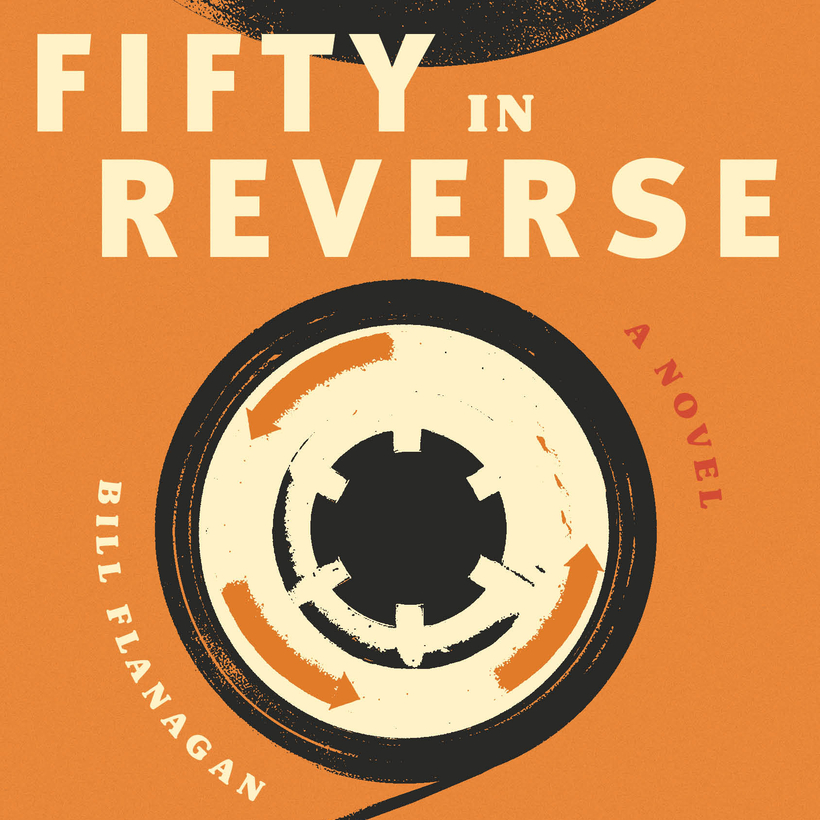There’s Woody Allen’s Midnight in Paris. There are classics from Freaky Friday to Back to the Future to Groundhog Day. But when it comes to time travel, there’s always room for more. Bill Flanagan’s version, Fifty in Reverse, is an ode to the golden, if fraught, age of his youth—60s and 70s America—and follows a man well past middle age who wakes up one day to discover he is 15 again. Here, Tom Freston asks Flanagan the important questions.
Tom Freston: Bill, Salman Rushdie has called your novel “strikingly original and immensely enjoyable.” It’s hard to disagree with that. You write about a 65-year-old man in 2020 who wakes up one day in 1970, in his childhood bedroom, in his 15-year-old body, with all the knowledge of his 65-year-old self. I think a lot of us would love to wake up in any year other than 2020, Bill. True story?

